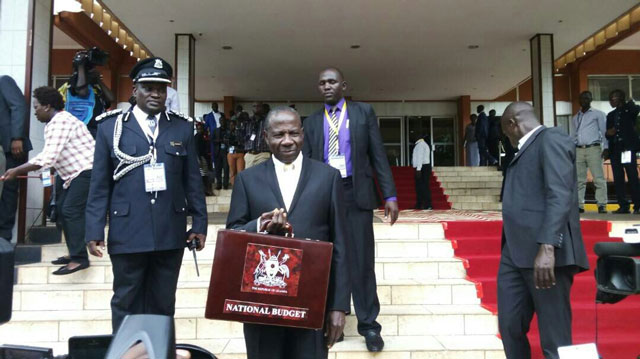
The chairman of the National Organisation of Trade Unions, Usher Owere says he warned the government against increasing salary disparities.
“I wrote to government and I told them that they were inciting their own workers when they increased salaries of permanent secretaries,” he told The Independent, “They created problems they cannot solve and now they are weakening their bargaining power by negotiating with associations.”
Owere says the doctors are riding on the current political question of clamoring for constitutional amendments to press for their demands.
“The government shouldn’t make a mistake of heeding the physicians’ demands,” he says, “salary disparities for all public servants should be handled at once or else they will suffer strike after strike. The fruits should be shared by all”.
He says the government is handling the strike as it should.
“This strike, other than the issues, is incited by the approach government took in handling workers’ grievances,” he told The Independent, “That has made industrial action become the workers’ new weapon of last resort.”
Meanwhile, the striking medics want the government to provide medicines, vaccines and medical supplies through a supplementary budget. The government has done so in other less emergencies in the past. This April, for example, parliament passed a Shs524 billion supplementary budget FY 2016/17, to cater for the Uganda National Roads Authority (Shs155 billion), Defence (Shs60 billion), Works (Shs31 billion), National Medical Stores (Shs27 billion), KCCA (Shs6 billion) and Office of the President and State House (Shs4.4 billion).
In the previous FY 2015/16, almost the same entities had got a supplementary budget of Shs1 trillion. Of this Shs253 billion went to Defence, Shs 47 billion to the Electoral Commission, Shs24 billion to police, and Shs8 billion to the Office of the President. Ironically, the departments that get supplementary budgets also have some of the highest paid officials.
 The Independent Uganda: You get the Truth we Pay the Price
The Independent Uganda: You get the Truth we Pay the Price





